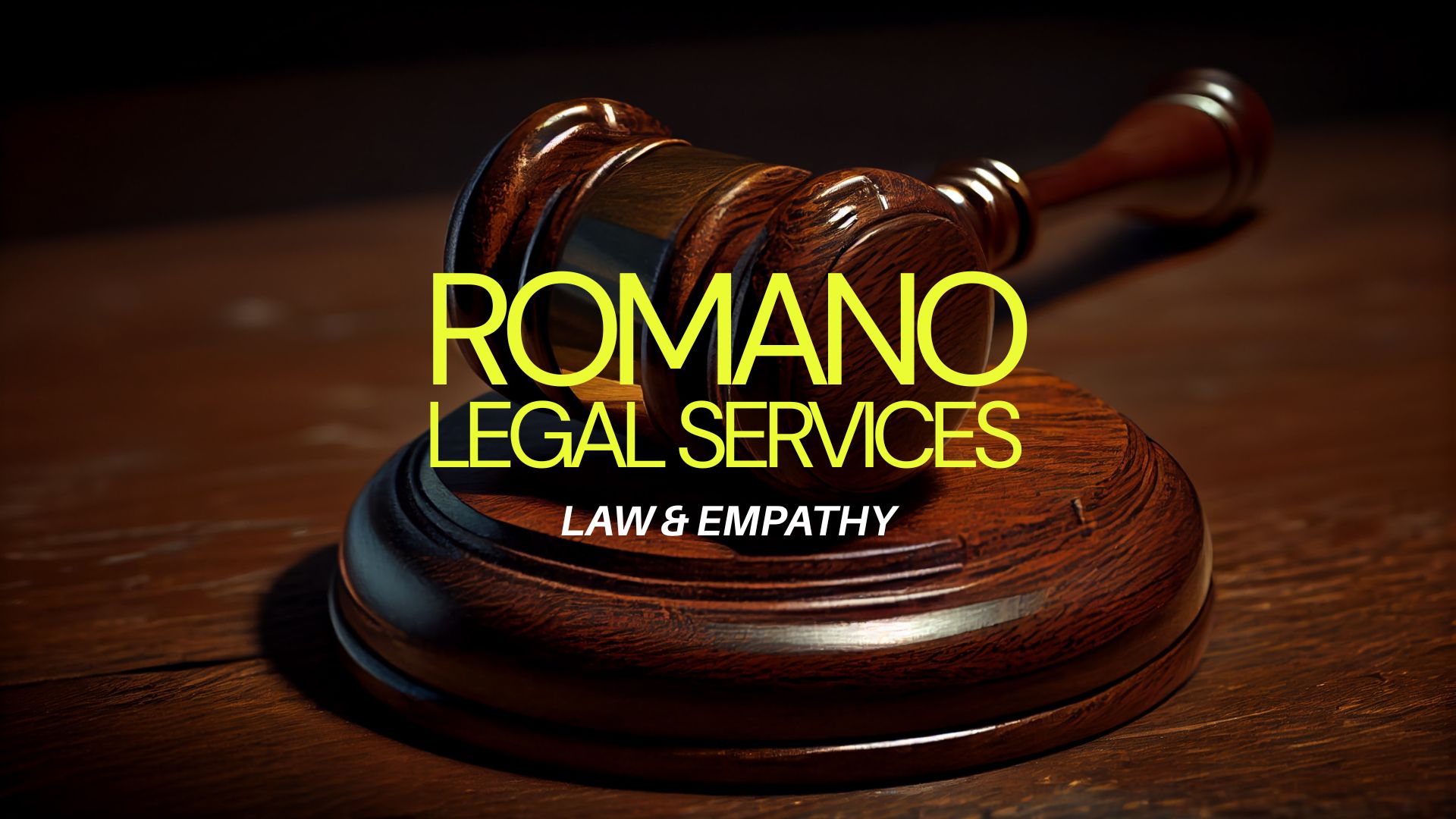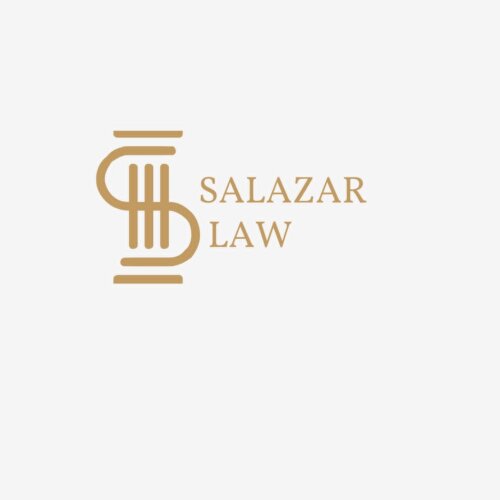Best Lawyers in Talisay City
Share your needs with us, get contacted by law firms.
Free. Takes 2 min.
List of the best lawyers in Talisay City, Philippines
Philippines Legal Questions answered by Lawyers
Browse our 263 legal questions in Philippines and read the lawyer answers, or ask your own questions for free.
- Separated but not legally - financial status
- My husband and I have been separated (not legally) since October 2025. The separation is not formal, as I chose to leave our home due to the verbal and emotional abuse I experienced daily. My husband has not worked for the past eight years, and I have been the sole... Read more →
-
Lawyer answer by Recososa Law Firm
Hello: Thank you for sharing your situation. I understand how emotionally exhausting this must be for you. I am the owner of Recososa Law Firm, and we are located in the Philippines, with offices in Luzon, Visayas, and Mindanao. Presuming...
Read full answer - Spouse separated in fact - financial status disclosure
- My husband and I have been separated (not legally) since October 2025. The separation is not formal, as I chose to leave our home due to the verbal and emotional abuse I experienced daily. My husband has not worked for the past eight years, and I have been the sole... Read more →
-
Lawyer answer by Recososa Law Firm
Hello: Thank you for sharing your situation. I understand how emotionally exhausting this must be for you. I am the owner of Recososa Law Firm, and we are located in the Philippines, with offices in Luzon, Visayas, and Mindanao. Presuming...
Read full answer - is the 200k annulment fee has to be paid i full?
- me and my ex has been separated for almost 16 years. i really want an annulment. we got married as soon as we turned 18. i didn't get any consent from my parents. and my ex doesn't have work up until now.
-
Lawyer answer by ERLAW
Atty. Roque here, an annulment lawyer from Roque Law Office. Based on what you shared, being separated for 16 years alone is not yet a ground for annulment under Philippine law. However, getting married at 18 without parental consent may...
Read full answer
Philippines Legal Articles
Browse our 18 legal articles in Philippines written by expert lawyers.
- Managing Labor Inspections for BPOs in the Philippines
- Managing Labor Inspections for BPO Companies in the Philippines The Department of Labor and Employment (DOLE) conducts unannounced inspections to verify compliance with General Labor Standards and Occupational Safety and Health standards. BPO companies must maintain meticulous payroll records covering the past three years to prove payment of night shift... Read more →
- Set Up a Foreign-Owned Corporation in the Philippines
- Setting Up a Foreign-Owned Domestic Corporation in the Philippines Key Takeaways Foreign investors can successfully incorporate and operate within the Philippine market by following highly structured national and local regulations. Successfully establishing your business requires understanding foreign ownership limits, meeting specific capital requirements, and navigating multiple government agencies. The Foreign... Read more →
- Guide to BSP Fintech Regulatory Compliance in the Philippines
- Fintech companies in the Philippines are primarily regulated by the Bangko Sentral ng Pilipinas (BSP) under the Manual of Regulations for Non-Bank Financial Institutions. Minimum capital requirements range from PHP 20 million to PHP 200 million, depending on the license type and business model. All fintech startups must register with... Read more →
About Hiring a Lawyer in Talisay City, Philippines
Hiring a lawyer in Talisay City, Cebu, is a key step when facing legal matters or disputes. The process generally involves identifying your legal needs, consulting with local law firms or independent practitioners, and entering into an engagement agreement that outlines fees and service terms. Lawyers in Talisay must be licensed by the Supreme Court of the Philippines and are typically members of the Integrated Bar of the Philippines (IBP). When choosing a lawyer, consider their area of expertise, reputation, and experience with local Talisay City cases.
Why You May Need a Lawyer
Many situations may require professional legal assistance in Talisay City. Common reasons include:
- Buying or selling real estate, where property title and tax arrangements need legal oversight.
- Drafting or enforcing contracts in business transactions.
- Family law matters such as marriage, annulment, legal separation, or child custody.
- Inheritance and estate planning, particularly for will preparation or probate proceedings.
- Criminal charges or involvement in police or court cases.
- Labor and employment disputes, whether employer or employee.
- Barangay disputes that escalate beyond local mediation and require formal legal intervention.
- Filing for business permits, licenses, or intellectual property protection.
- Traffic violations or accidents needing legal representation.
Local Laws Overview
Laws in Talisay City are based on national legislation but may also incorporate city ordinances and regional regulations. Notable areas include:
- Property and Land Use: Governed by the Civil Code and Talisay City zoning ordinances. Lawyers assist with title transfers and land disputes.
- Family and Inheritance Law: Family Code and special laws on succession are often relevant, especially in cases involving Cebuano traditions and property.
- Business Formation and Permits: Registration with the Securities and Exchange Commission (SEC) or Department of Trade and Industry (DTI) and local permits from Talisay City Hall are necessary for businesses.
- Criminal Law: The Revised Penal Code applies, with police investigators and prosecutors based at the city level.
- Barangay Justice System: Minor disputes are first handled at the barangay level, offering alternative mediation before escalation to courts.
- Environmental and Public Order: Local ordinances regulate littering, curfews, community cleanliness, and business operating hours.
Frequently Asked Questions
What should I look for in a lawyer in Talisay City?
Seek a lawyer with relevant specialization, good reputation, clear communication skills, and proper licensing from the Supreme Court. Local experience in Talisay is also invaluable.
How do I confirm if a lawyer is licensed?
You can verify a lawyer’s license status with the Integrated Bar of the Philippines or by inquiring at the Supreme Court of the Philippines' Office of the Bar Confidant.
What are typical legal fees in Talisay City?
Legal fees vary depending on the complexity of your case or service. Some lawyers charge fixed rates for document preparation, while others bill hourly or based on case outcomes. Ask for an explanation of fees before committing.
Can I get free legal assistance?
Yes, indigent persons may qualify for free legal aid from the Public Attorney’s Office (PAO) or IBP Cebu Chapter. Barangay offices may also offer initial mediation services free of charge.
Where do I file a complaint or case in Talisay City?
Initial complaints may be filed at the respective barangay office, especially for minor disputes. Criminal or other major cases are filed at the Talisay City Hall of Justice or the appropriate police precinct.
How do I handle a land or property dispute?
It is best to consult a lawyer early. Most property disputes begin with barangay mediation and can proceed to court if unresolved. Always secure original documents like land titles, tax declarations, and identification.
Can foreigners hire lawyers in Talisay City?
Yes, foreign nationals are entitled to legal representation in the Philippines and may hire lawyers for matters such as land transactions, business, or personal legal issues.
How long does it take to resolve legal cases?
Timelines vary by complexity. Simple document notarization may take only a day, while court cases can span months to years. Your lawyer can provide a more specific estimate after reviewing your case.
Are there branches of national government offices in Talisay?
Key agencies like the Public Attorney’s Office and local trial courts maintain offices within or near Talisay City. For some matters, you may need to visit regional offices in Cebu City.
Can I switch lawyers during an ongoing case?
Yes. You must formally notify both your former and new lawyer, and if your case is in court, the court as well. Ensure a clear, written disengagement or substitution to avoid delays.
Additional Resources
For those looking for more information or support, these resources can be helpful:
- Public Attorney’s Office (PAO): Free legal help for qualified individuals. Visit
- Department of Justice (DOJ): Legal resources, victims assistance, and guidelines. Visit
Lawzana helps you find the best lawyers and law firms in Talisay City through a curated and pre-screened list of qualified legal professionals. Our platform offers rankings and detailed profiles of attorneys and law firms, allowing you to compare based on practice areas, experience, and client feedback.
Each profile includes a description of the firm's areas of practice, client reviews, team members and partners, year of establishment, spoken languages, office locations, contact information, social media presence, and any published articles or resources. Most firms on our platform speak English and are experienced in both local and international legal matters.
Get a quote from top-rated law firms in Talisay City, Philippines — quickly, securely, and without unnecessary hassle.
Disclaimer:
The information provided on this page is for general informational purposes only and does not constitute legal advice. While we strive to ensure the accuracy and relevance of the content, legal information may change over time, and interpretations of the law can vary. You should always consult with a qualified legal professional for advice specific to your situation.
We disclaim all liability for actions taken or not taken based on the content of this page. If you believe any information is incorrect or outdated, please contact us, and we will review and update it where appropriate.
Refine your search by selecting a practice area.




























